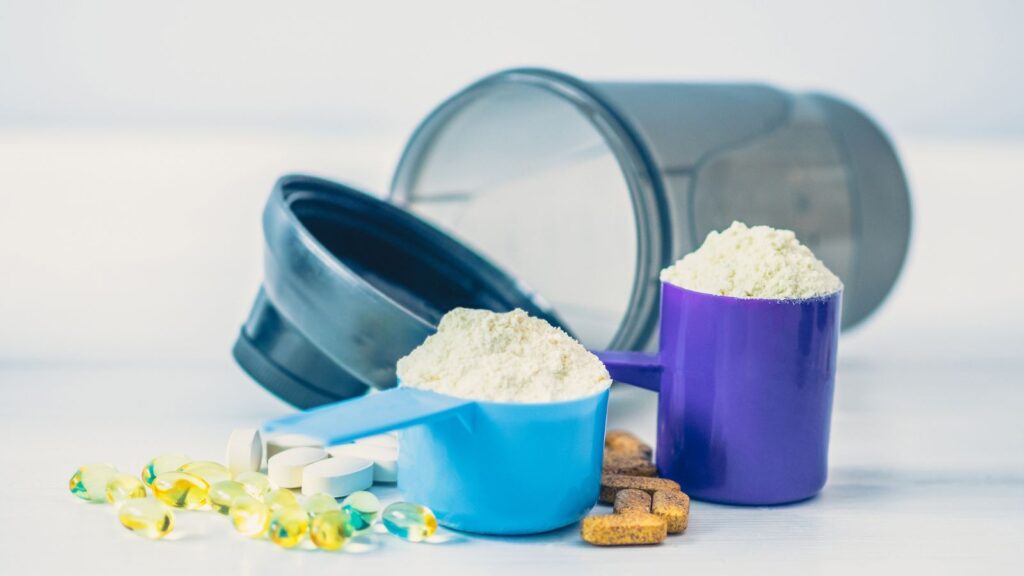In the fast-paced world of sports, keeping up with the latest advancements in sports medicine news is crucial. From injury prevention to enhancing athletic performance, the field continues to evolve, offering new insights and breakthroughs that are changing the game.
Sports Medicine News

Diving into current news in sports medicine news uncovers novel treatments and promising research, painting a picture of a fast-evolving discipline. This overview unpacks the most recent breakthroughs in treatment practices and pioneering research, articulating their implications on the sports sector.
In recent developments, experts have been making strides in refined treatment plans for sports-related injuries. For instance, researchers at the University of Colorado School of Medicine unveiled a new surgical approach to treating a common sports injury, the anterior cruciate ligament (ACL) tear. Their approach, called the “BEAR procedure”, stitches the torn ACL back together, exhibiting faster recovery times and fewer post-surgery complications compared to the traditional reconstruction of the ACL.
The Impact of Technology on Sports Medicine
New Technological Advancements and Their Role
Technological developments have notably propelled the sports medicine news field. Expanding capabilities include wearables, such as heart rate monitors that track athlete performance and health metrics. With the rise of advanced technologies, injury treatment and prevention strategies have improved remarkably. As an illustrative instance, innovations like 3D-printed splints provide a personalized, ergonomic approach to injury recovery. Additionally, rehabilitation robotics aids in streamlining recovery methods, shortening recovery times, and improving patient outcomes.
The Use of AI and Machine Learning in Sports Medicine
Artificial Intelligence (AI) and Machine Learning (ML) continue to reshape sports medicine, offering innovative ways to improve athlete health and performance. AI-driven predictive models, for instance, help predict player injury risk and guide personalized preventive strategies. ML algorithms analyze vast amounts of data, including players’ physical attributes and performance metrics. By understanding patterns in this data, they are able to predict potential injuries ahead of time, allowing for proactive measures. Moreover, AI has novel applications in therapy management, adjusting treatment plans based on real-time feedback to maximize efficacy. As such, AI and ML are rapidly becoming indispensable tools in sports medicine, fostering a future with enhanced athlete performance, recovery, and overall wellness.
Role of Nutrition in Sports Medicine and Rehabilitation
Latest Trends in Nutritional Therapy for Athletes

Fueled by continuing research, nutrition therapy for athletes has evolved tremendously in recent years. A rising trend involves personalized nutrition plans, tailor-made for each athlete’s specific needs, taking into account their unique metabolic rate, performance goals, and current health conditions. This approach ensures optimal performance, while preventing injuries and promoting faster recovery.
Furthermore, the utilization of natural, whole foods sources for athlete meals is gaining traction. This approach counteracts the dependency on processed foods, with experts stressing the inclusion of a diverse range of fruits, vegetables, proteins, and whole grains in an athlete’s diet.
Finally, there’s increased recognition of the importance of proper hydration. Increased athletic performance and decreased injury risk are two key benefits of staying well hydrated.
Role of Supplements in Sports Recovery
Alongside natural food-based nutrition, supplements have a pivotal role in sports recovery. Dietary supplements assist athletes in replenishing their bodies’ nutrients post workout, aiding in speedy recovery, and boosting performance.

One popular supplement is protein, preferred for its muscle recovery properties. Its role in reconstructing muscle tissue and promoting muscle growth after workouts makes it indispensable for athletes. Whey and casein proteins are examples, recommended post workout to expedite recovery.
Meanwhile, antioxidants like Vitamins C and E prevent cell damage and boost the immune system, ensuring athletes maintain optimal health for consistent performance.
Lastly, supplements like Creatine boosts muscle energy production, improving performance and encouraging faster recovery. Its role in reducing muscle inflammation and promoting muscle growth render it an essential component of sports nutrition.
Research and Awareness
It’s clear that sports medicine is a rapidly evolving field. With advancements like the BEAR procedure, AI in injury prediction, and nanoparticles in tissue engineering, athletes’ care is becoming more sophisticated and effective. The long-term effects of concussions are gaining attention, underlining the need for continuous research and awareness.

